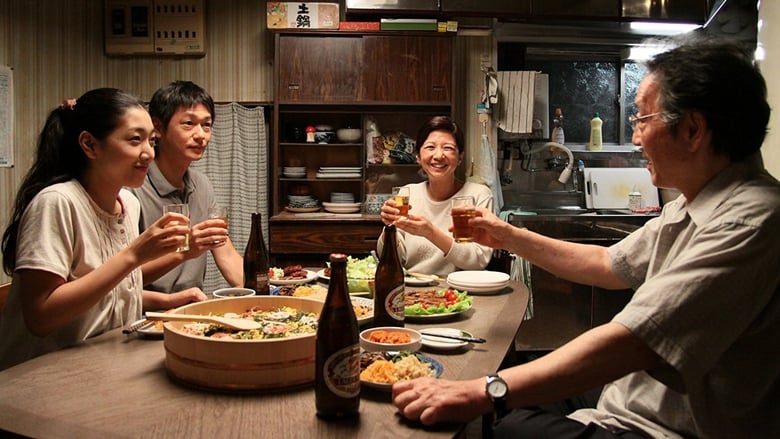
Our Homeland
From the late 1950s through the '70s, more than 90,000 of the ethnic Koreans in Japan emigrated to North Korea, a country that promised them affluence, justice, and an end to discrimination. KAZOKU NO KUNI tells the story of one of their number, who returns for just a short period. For the first time in 25 years, Sonho is reunited with his family in Tokyo after being allowed to undergo an operation there. Sonho’s younger sister Rie is at the centre of the film, and is not hard to recognise as the director’s alter-ego. In her documentaries DEAR PYONGYANG and SONA, THE OTHER MYSELF, Yang Yonghi told the story of her own life, and how, at age six, she experienced the departure of her three older brothers, who left their family for Pyongyang.

From the late 1950s through the '70s, more than 90,000 of the ethnic Koreans in Japan emigrated to North Korea, a country that promised them affluence, justice, and an end to discrimination. KAZOKU NO KUNI tells the story of one of their number, who returns for just a short period. For the first time in 25 years, Sonho is reunited with his family in Tokyo after being allowed to undergo an operation there. Sonho’s younger sister Rie is at the centre of the film, and is not hard to recognise as the director’s alter-ego. In her documentaries DEAR PYONGYANG and SONA, THE OTHER MYSELF, Yang Yonghi told the story of her own life, and how, at age six, she experienced the departure of her three older brothers, who left their family for Pyongyang.
- director
- Yang Yong-hi
- cast
- Sakura Ando, Arata Iura, Tatsushi Ōmori, Yang Ik-june
- genres
- runtime
- 1 hr 40 mins

people also liked
Escape from Sobibor
The X from Outer Space
Titanic
Kung Fu Panda
Oppenheimer
Avengers: Endgame
Joker
Batman Begins
Shutter Island
The Breakfast Club
Raya and the Last Dragon
Back to the Future
The Perks of Being a Wallflower
The Mummy Returns
8 Mile
Scooby-Doo 2: Monsters Unleashed
Dune
Hocus Pocus
Tolkien
The Truman Show